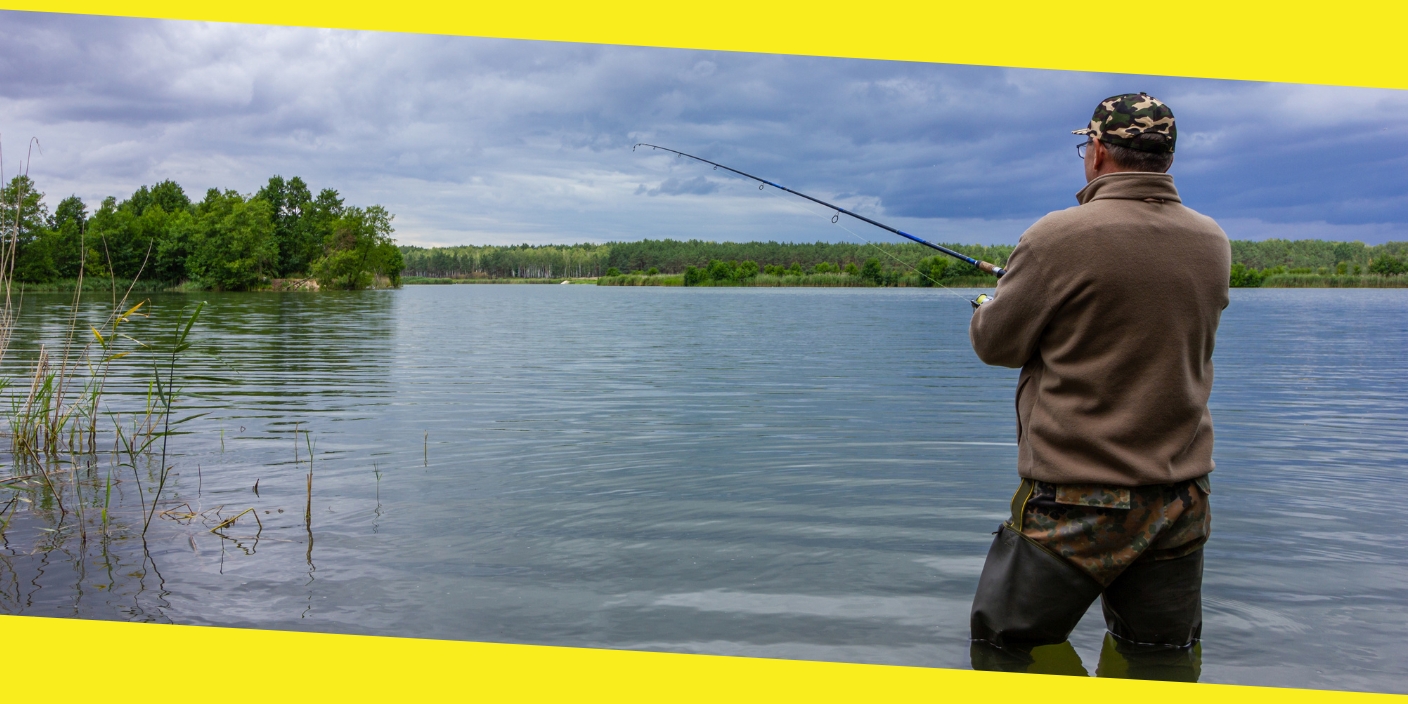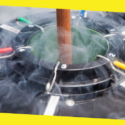Meg Miller Talks About Freshwater Fishing: How to Get Started
This post was last updated on April 10th, 2024

There’s something special about freshwater fishing. It’s the perfect, quiet retreat for those who are looking for a way to step away from a busy lifestyle to enjoy something simpler. That’s not to say freshwater fishing is simple, nor is it boring. It can be one of the best past times to have.
Meg Miller offers some insight and support to those who are considering getting serious about freshwater fishing. “I love to share my experience with others who may be just starting out. Don’t get overwhelmed, and take things one step at a time to create the most memorable experience,” she shares.
Contents
ToggleGet the Basics First
No matter where you live, it is critical to fish legally. To do that, you need to start by obtaining a state fishing license. Then, purchase a fishing rod and reel. “If this is really one of your first times fishing, you don’t want to buy the most expensive or elaborate rig. It will overwhelm you quickly. Instead, aim for a mid-range priced option if you plan to fish on a routine basis,” shares Miller.
You can easily pick up the gear you need at most fishing stops or sports stores. Look for some basic fishing lures and weights, a 4- to 12-pound test monofilament fishing line, and some live bait if you’re brave enough for it.
How to Choose a Great Freshwater Fishing Rod
One of the core components to your basics is your fishing rod. Miller shares, “I really find that you have a few options here, but a spinning rod is one of the best. Look for those made of fiberglass or graphite for higher quality. You also want a PVC foam handle or a cork handle to keep it lightweight.”
Another option is to consider bait casting or closed-spin casting rods. These hold the fishing reel mounted just about the handle. This way, the line guide eyes are on top. The casting trigger on these rods is underneath. If you plan to buy these again, go with a graphite or a fiberglass model.
How to Pick the Best Place to Fish
It’s easy enough in most areas to find a freshwater lake that is ideal for fishing. Make sure you know the rules and that the location is available to residents. Finding the perfect location isn’t always easy to do, though. Most of the time, it’s best to turn to a local angler who has the inside scoop and can offer some great advice and guidance to you on your options. If you don’t know anyone, find a local tackle shop, or even better, contact the local game warden. They can give you the latest updates on fishing conditions in most areas.
If you want some insider tips, Miller shares the following. “Some of the best freshwater fishing happens right at the point where water in a river or lake goes from shallow to deep. Aim for this area because that’s where fish are going to lurk.” She also recommends checking the local fishing reports to find the best areas to fish in for the type of fish you’re after.
Mind the Sun
Though you may have heard that shiny fishing lures are a great choice for attracting fish to your line, be careful with them. First, they do work – they will get fish to react thanks to the sparkle they offer. However, if the fish has to look up into the sun, that’s going to blind them and cause them to go to the other area.
One of the best times of the day to fish in most areas is right at sunrise. The earlier you can get out and get quiet before the sun rises, the better. It’s also one of the most peaceful times of the day to fish.
Get to Know the Lake
The more you know about the lake you plan to fish in, the better. Walk around it, get to know the region, find out what’s lurking inside, and take some time to check out the various areas within the lake. “If you see a mossy area, that’s probably a great spot to cast your line because fish love to munch on this,” shares Miller.
Making It Memorable
Freshwater fishing takes time and practice. Even though it may look simple, it’s not. “The more you study your line, casting methods, and the way the fish react to you and your movements, the more confident you’ll be in creating the right experience,” shares Miller.
When it comes to fishing in freshwater, nothing is better than having success. Plan for it. Bring along a cooler, perhaps some lunch, and even a book to read and wait. Giving yourself time and taking in the environment around you is always worth the experience.
About Meg Miller
Meg Miller has a long history when it comes to working in a professional setting involving animals and agricultural research. From working as a Teaching Assistant for Biology of Animal Production for the College of Agriculture and Natural Resources to working as an official Veterinary Technician, Miller has no shortage of experience in the agricultural and animal sectors. Currently, Meg Miller is furthering her professional education at the University of Missouri, where she is working toward her degree in Science in General Agriculture.
Recommended For You
Plastic Shopping Bags: A Deep Dive into Their Use and Impact
Most Inside
Most Inside offers high-quality recommendations and valuable updates to enhance all aspects of your life, providing premium guidance and enriching experiences.




